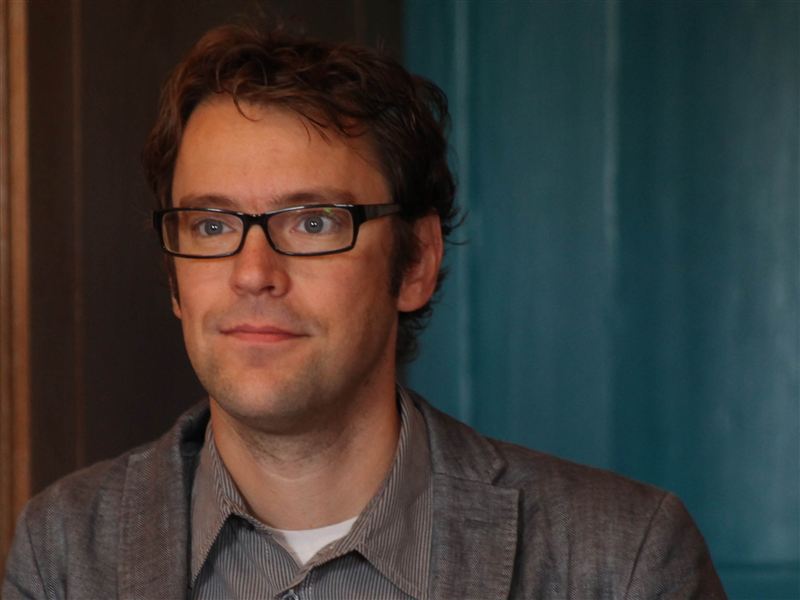fredag
sep132013
What are the policy lessons from Sweden? On the rise, fall and revival of a capitalist welfare state
Bergh, A. What are the policy lessons from Sweden? On the rise, fall and revival of a capitalist welfare state. Forthcoming in New Political Economy
Abstract:
This paper discusses a number of questions with regard to Sweden’s economic and political development:
- How did Sweden become rich?
- What explains Sweden’s high level of income equality?
- What were the causes of Sweden’s problems from 1970 to 1995?
- How is it possible that Sweden, since the crisis of the early 1990s, is growing faster than most EU countries despite its high taxes and generous welfare state?
These questions are analyzed using recent insights from institutional economics, as well as studies of inequality and economic growth. The main conclusion is that there is little, if any, Swedish exceptionalism: Sweden became rich because of well-functioning capitalist institutions, and inequality was low before the expansion of the welfare state. The recent favorable growth record of Sweden, including the period of financial stress (2008–2010), is a likely outcome of a number of far-reaching structural reforms implemented in the 1980s and 90s.


 Share Article
Share Article